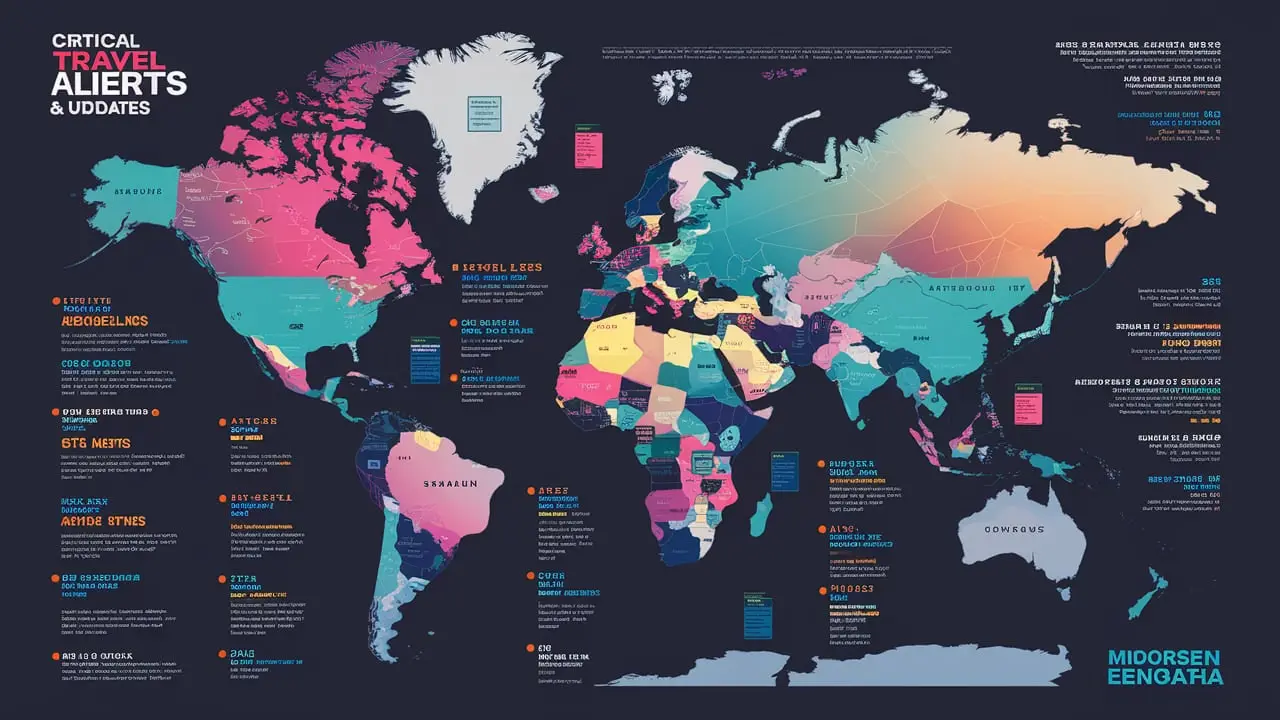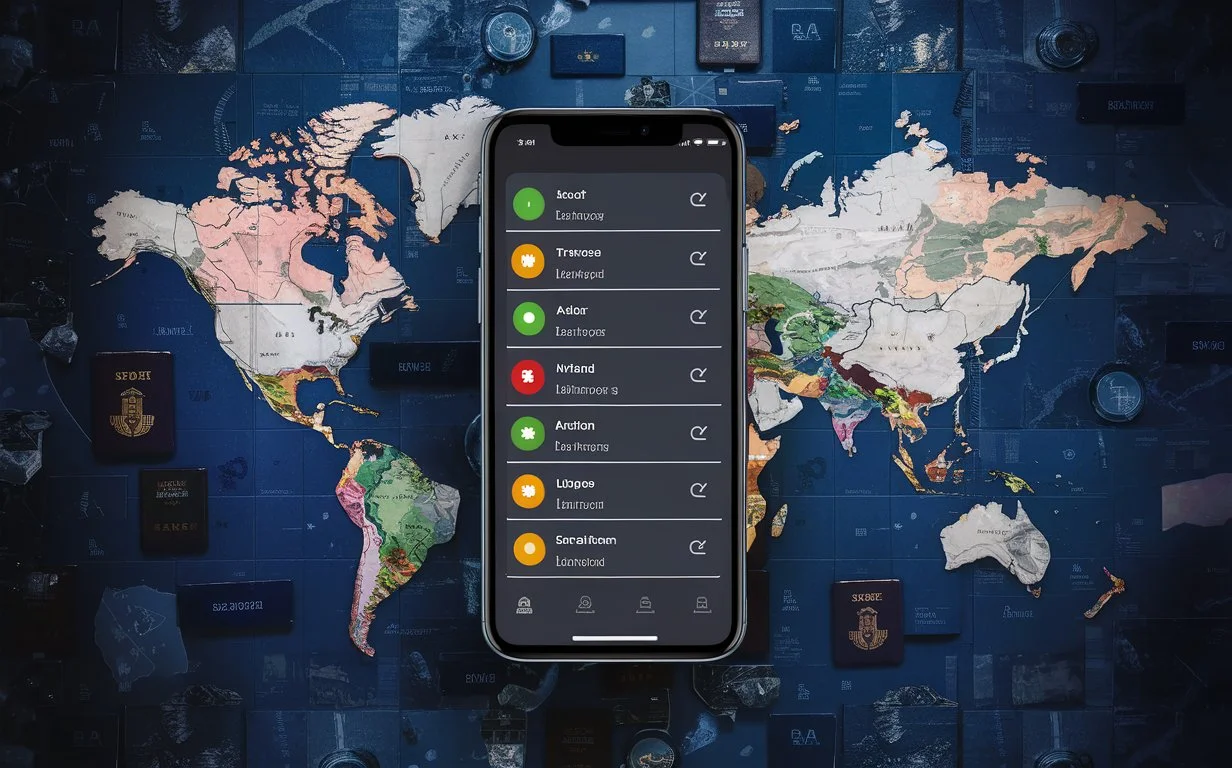Stay Safe: Critical Worldwide Travel Alert Updates You Need to Know
Traveling the world is an exciting and enriching experience, but it also comes with its own set of challenges and risks. In today’s unpredictable global landscape, staying informed about travel alerts is more important than ever. These alerts provide vital information that can help ensure your safety while exploring new destinations. This article aims to keep you updated on the critical worldwide travel alerts you need to know and how to respond to them effectively.

Content
Understanding Travel Alerts
Travel alerts are official communications issued by governments or international organizations to inform travelers about potential risks in specific regions. A worldwide travel alert is a broad warning that applies to multiple destinations across the globe, often triggered by widespread concerns such as terrorism, pandemics, or geopolitical tensions. These alerts are different from a no travel warning, which advises against all travel to certain areas due to extreme danger.
The significance of a worldwide caution travel alert cannot be overstated. It serves as a precautionary measure, urging travelers to remain vigilant and aware of their surroundings. These alerts are issued based on credible intelligence and are meant to protect the safety and well-being of travelers.
Current Worldwide Travel Alerts
As of now, several regions are under worldwide travel alerts due to various factors:
- Political Instability: Areas with ongoing conflicts or political unrest may be subject to travel alerts. Countries in the Middle East, parts of Africa, and Eastern Europe are examples where tensions may impact travelers.
- Health Crises: The global COVID-19 pandemic has led to unprecedented travel alerts worldwide. Additionally, outbreaks of diseases like Ebola, Zika, or Dengue Fever can prompt alerts in affected regions.
- Natural Disasters: Hurricanes, earthquakes, floods, and wildfires are common natural disasters that can lead to travel alerts. Areas prone to such events require travelers to exercise extra caution.
It’s crucial to stay informed about these alerts and understand the reasons behind them. This knowledge can help you make informed decisions about your travel plans and ensure your safety.
Staying Updated on Travel Alerts

Monitoring travel advisories from reliable sources is essential for staying safe during your travels. Here are some recommended resources for up-to-date travel information:
- Government Websites: Most countries have official websites dedicated to travel advisories. For instance, the U.S. Department of State provides detailed travel alerts and warnings for American citizens.
- International Organizations: Organizations like the World Health Organization (WHO) and the United Nations (UN) offer valuable insights into global health and security issues.
- Travel Apps: Several mobile apps provide real-time updates on travel alerts, allowing you to receive notifications directly on your smartphone.
By regularly checking these resources, you can stay informed about the latest developments and adjust your travel plans accordingly.
How to Respond to Travel Alerts
When a worldwide travel alert is issued, it’s important to take the necessary steps to ensure your safety:
- Review Your Travel Itinerary: Assess whether it’s safe to proceed with your travel plans or if adjustments are needed. Consider postponing or canceling trips to high-risk areas.
- Stay Informed: Keep track of the situation through reliable news sources and official updates. Be aware of any changes in the alert status.
- Communicate with Authorities: Register with your country’s embassy or consulate in the destination you’re visiting. This ensures that authorities can reach you in case of emergencies.
- Follow Local Advice: Pay attention to local authorities and adhere to any instructions or guidelines they provide. They have the best understanding of the situation on the ground.
Importance of Travel Insurance
Travel insurance is a valuable asset, especially during high-alert periods. It provides financial protection against unforeseen events such as trip cancellations, medical emergencies, and lost belongings. When choosing a policy, look for coverage that includes:
- Emergency Medical Expenses: Ensure that your insurance covers medical treatment and evacuation if needed.
- Trip Cancellation and Interruption: Protect your investment by opting for coverage that reimburses you for canceled or interrupted trips due to alerts.
- Personal Liability: Coverage for personal liability can safeguard you against legal expenses in foreign countries.
Having comprehensive travel insurance can offer peace of mind, allowing you to focus on enjoying your travels while staying safe.
Conclusion
In today’s world, being prepared and informed about travel alerts is essential for a safe and enjoyable journey. By understanding the significance of worldwide travel alerts, staying updated on current advisories, and taking appropriate precautions, you can minimize risks and ensure your safety. Remember, the key to successful travel is staying vigilant and adapting to changing circumstances. Safe travels!












